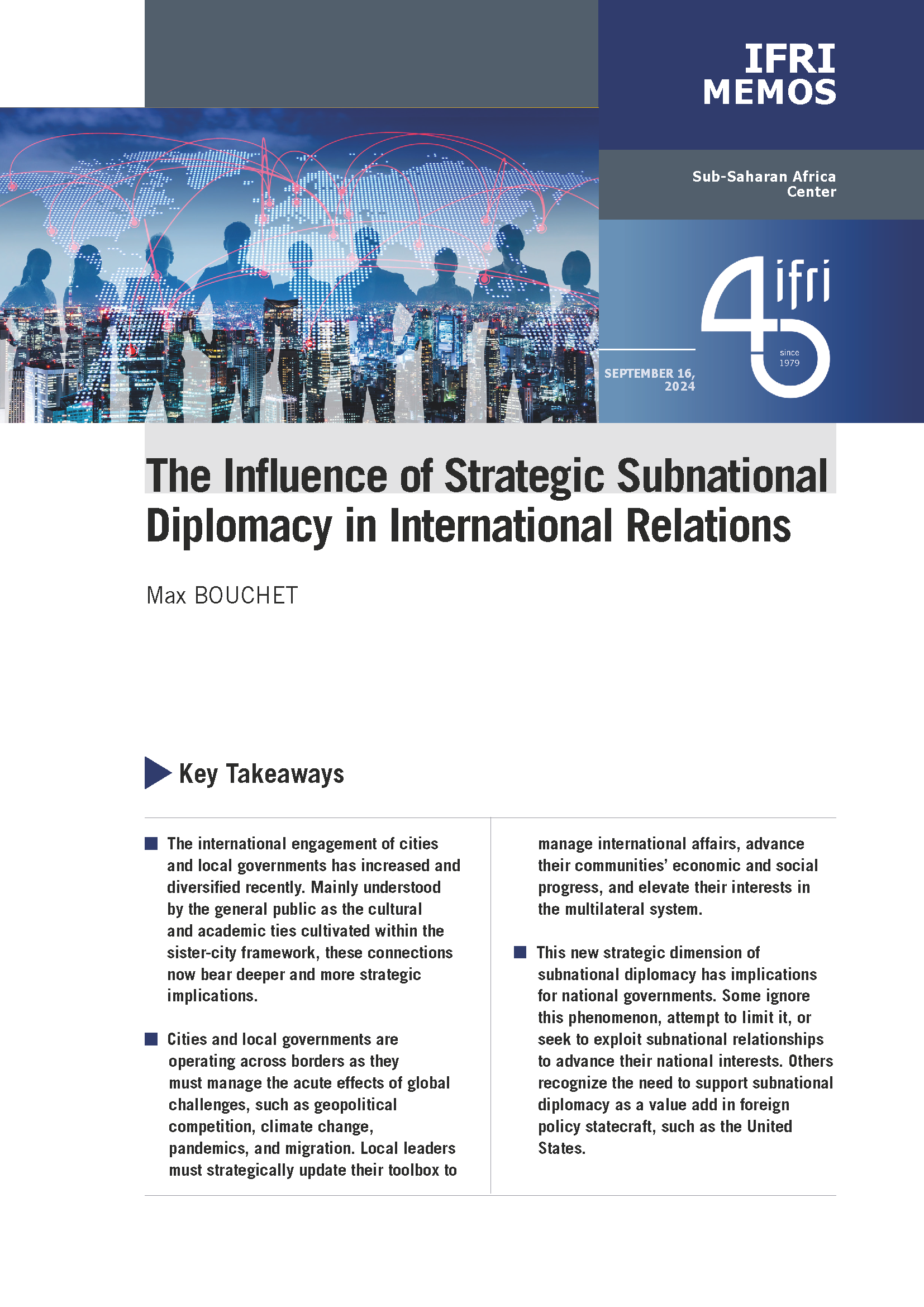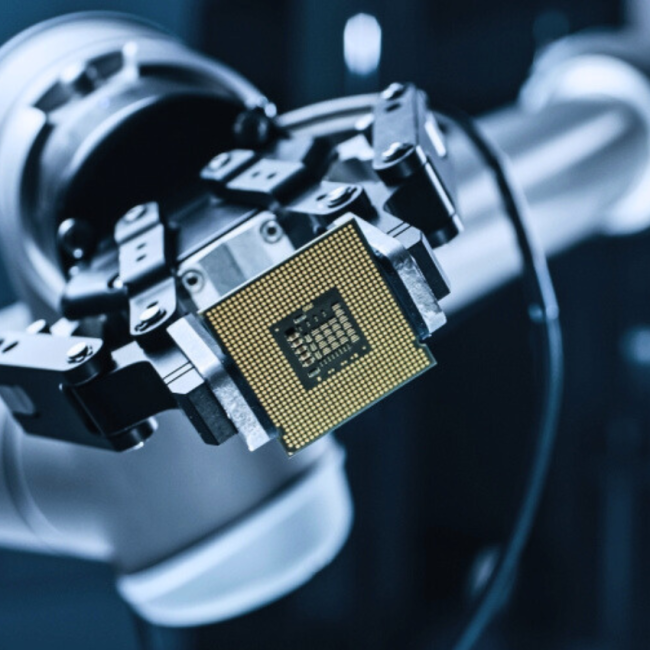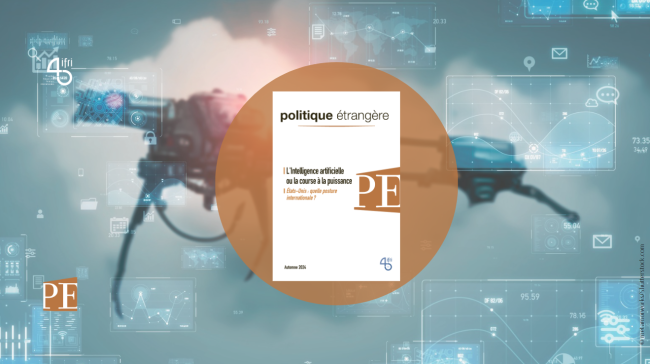The Technology Policies of Digital Middle Powers
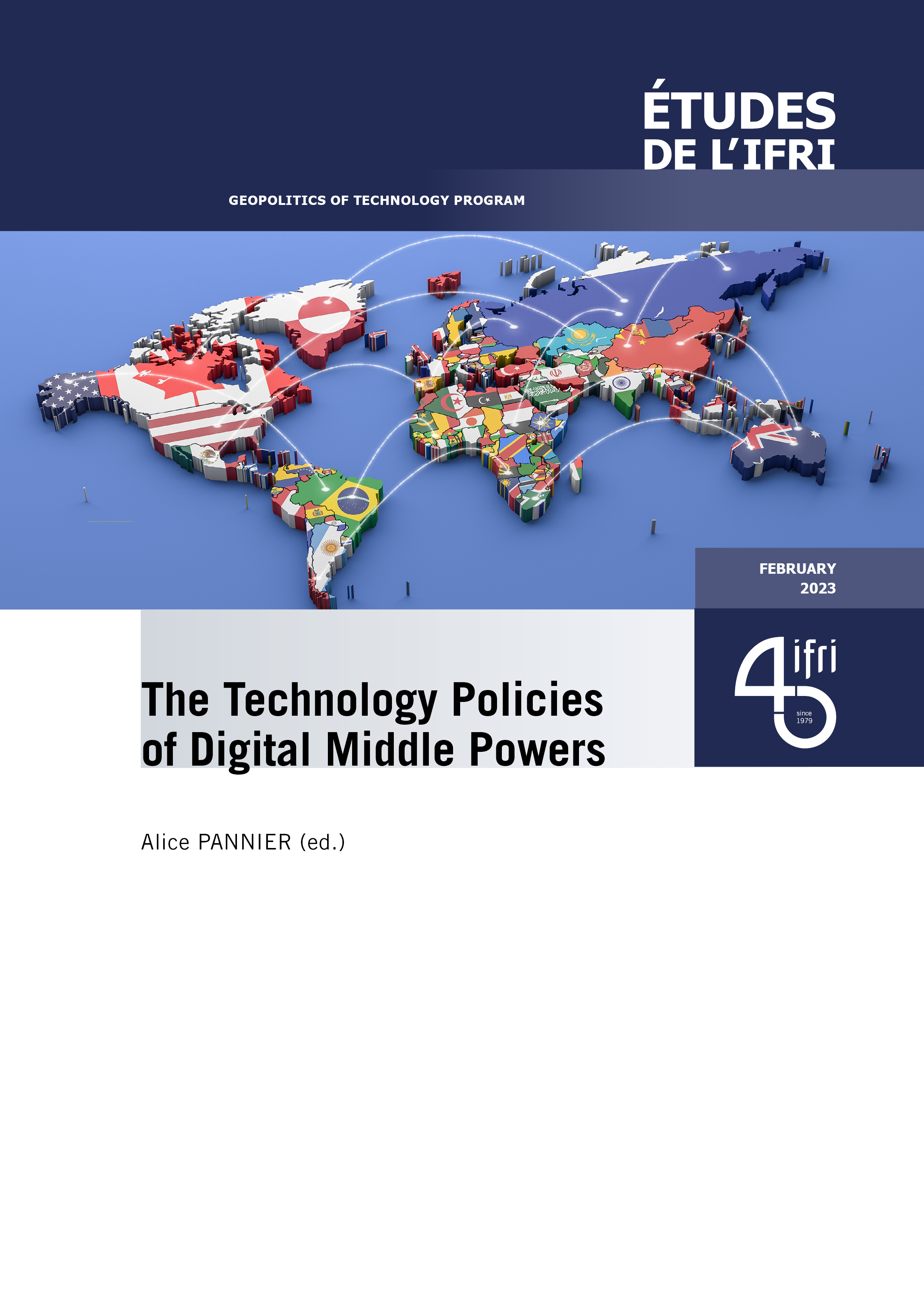
Digital technology is an element of power in the international system as well as an area for competition among countries. The study provides a qualitative comparison of the technology policies of nine of the digital middle powers: Brazil, India, Israel, Japan, Kenya, Nigeria, Russia, South Korea, and the United Kingdom. It seeks to reflect the diversity of national technology policies, as well as to identify those countries’ convergences and divergences with Europe, the United States and China.
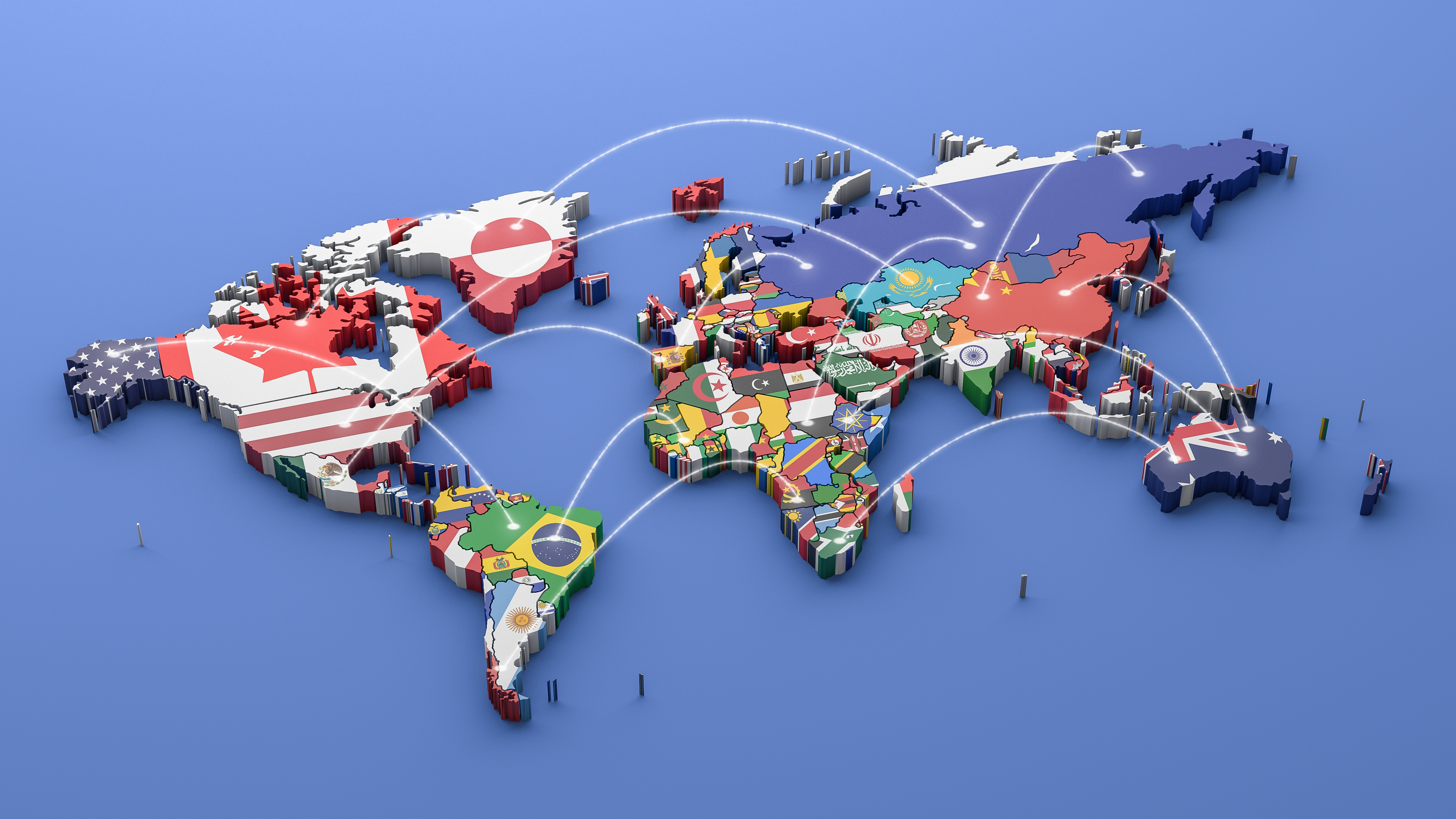
Considering the economic weight and political voluntarism of the U.S., China, and the EU, those three poles of power have received a lot of attention when it comes to their technology policies. This study aims to shift our gaze towards countries outside of the trio. Digital middle powers are those countries which are caught in the middle of the power play in an emerging multipolar international system where digital technology is a determining factor of power. It also refers to countries with established or growing clout in digital technology, and which are regional leaders or global ones in certain sectors.
Each case study introduces national technology and digital innovation ecosystems, data policies, and the state of digital infrastructure. These elements serve to examine the strengths of the country’s private sector in technology, the government’s regulatory capacity, and the degree of digital development. The chapters then look at how the digital domain is embedded in the broader dynamics of their bilateral relations with the U.S., the EU and China.
A first conclusion is that digital middle powers can usefully be differentiated between rising digital powers and established ones. Established digital powers have well-developed ecosystems, regulations and infrastructure, but they are all having to renew and re-focus their technology policies to remain relevant. By contrast, rising digital powers tend to have budding ecosystems in digital services and mobile applications, and large ongoing infrastructure development projects, albeit with limited or patchy regulatory capacity.
When it comes to foreign relations, the study confirms well-identified trends whereby the EU’s influence occurs chiefly through the elaboration of norms; the U.S.’s via the strength of its digital services and private sector investment, as well as strong bilateral security ties; while China’s growing influence is underpinned by large infrastructure projects. All the countries studied are attempting to balance their relations with U.S., China, and the EU. None, save for Russia, has outrightly “picked a side” and severed ties with one or two of the blocs.
Watch the video of the launch webinar: Digital Middle Powers: What Strategies in the Global Tech Competition?

Also available in:
Regions and themes
ISBN / ISSN
Share
Download the full analysis
This page contains only a summary of our work. If you would like to have access to all the information from our research on the subject, you can download the full version in PDF format.
The Technology Policies of Digital Middle Powers
Related centers and programs
Discover our other research centers and programsFind out more
Discover all our analysesSat-to-Cell: Towards Universal Connectivity?
Sat-to-Cell is a new type of service that connects smartphones directly to satellites. It has recently enabled innovative applications such as emergency text messaging via satellite. The technology is developing rapidly, and many questions are now being raised about its potential impact.
From Ukraine to Gaza: Military Uses of Artificial Intelligence
The wars in Ukraine and Gaza show us the extent to which artificial intelligence (AI) has become integral to battlefield operations.

Artificial Intelligence, or The Race for Power
Artificial intelligence (AI) is here to stay, and its use is spreading at a rate that is difficult to comprehend.
Groundbreaking Chip Sovereignty: Europe’s Strategic Push in the Semiconductor Race
The EU Chips Act’s enactment in September 2023 marks a major policy shift that revitalizes industrial policy in Europe. By allowing state subsidies for semiconductor projects, it has the potential to secure Europe’s supply chain security and technological autonomy in an industry dominated by the US and East Asia.


